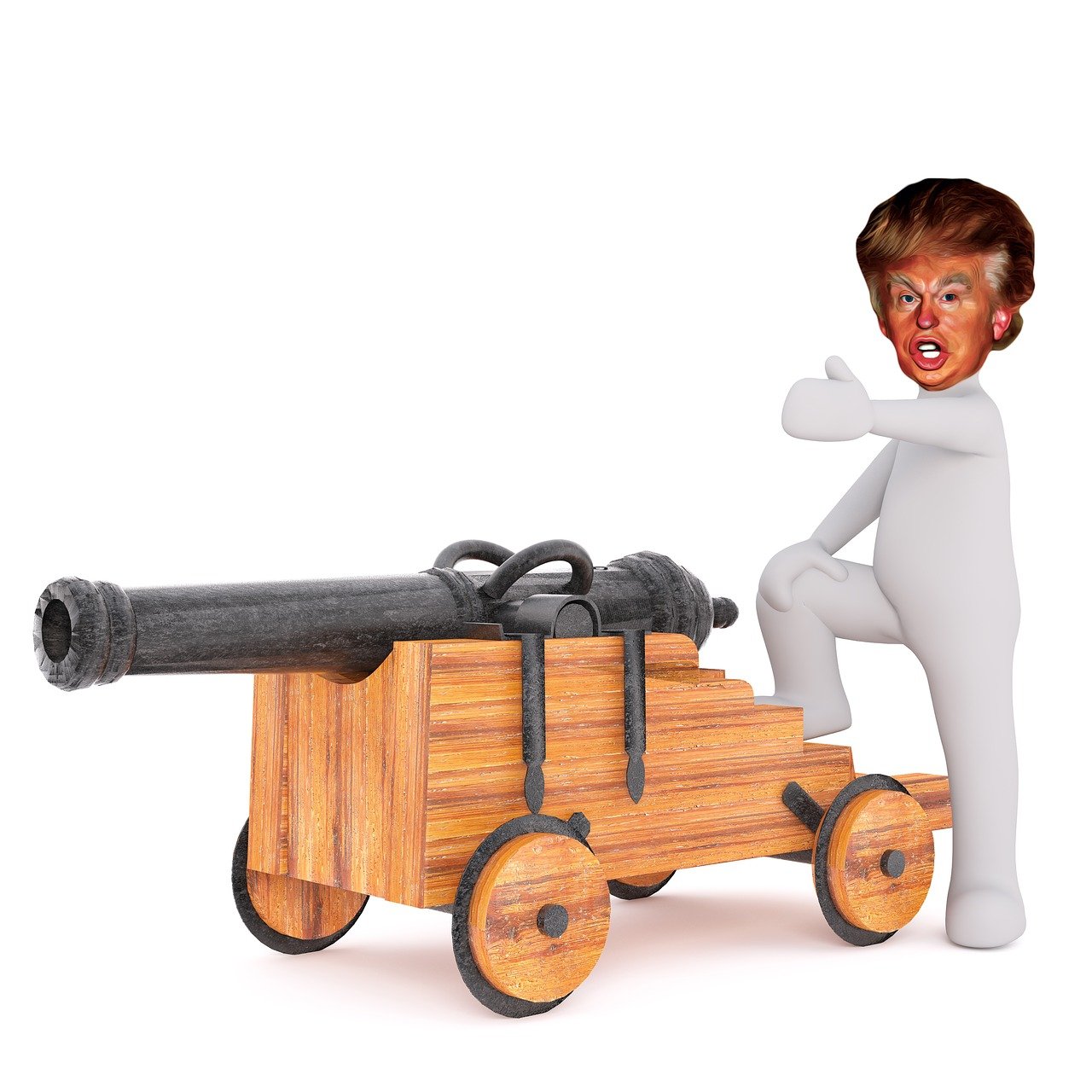Political Games and Their Role in Voter Education
Political simulation games have gained popularity as a unique and effective tool for engaging individuals in the complexities of political processes. By allowing players to step into the shoes of leaders, these games provide a hands-on experience that empowers users to explore the consequences of their decisions in a controlled virtual environment. Through this interactive approach, players can develop a deeper understanding of the challenges and intricacies involved in governing a nation.
Moreover, political simulation games offer an avenue for individuals to enhance their critical thinking and strategic planning skills. Players are required to make tough decisions, navigate through diplomatic challenges, and enact policies that can have far-reaching implications. This immersive experience not only fosters a sense of agency and responsibility but also encourages players to think analytically and strategically as they work towards achieving their objectives within the game.
Understanding the Influence of Political Strategy Games
Political strategy games have a significant impact on shaping players’ understanding of complex political scenarios. These games provide a hands-on experience, allowing players to make decisions, handle crises, and navigate the challenges that political leaders face in the real world. By immersing players in virtual political environments, these games enhance their critical thinking and decision-making skills, as well as their understanding of the consequences of different political actions.
Moreover, political strategy games serve as a platform for players to develop empathy and a broader perspective on various political issues. Through role-playing different political roles and scenarios, players gain insight into the motivations and perspectives of different stakeholders. This fosters a deeper understanding of the complexities of political decision-making and encourages players to consider multiple viewpoints when engaging with real-world political issues.
Political strategy games provide a hands-on experience for players to make decisions and handle crises
These games enhance critical thinking and decision-making skills
Players gain insight into different perspectives and motivations through role-playing various political roles
Encourages consideration of multiple viewpoints when engaging with real-world political issues.
Engaging Voters through Educational Political Games
Educational political games have emerged as a dynamic tool to engage voters of all ages in the realm of politics. By offering interactive platforms where players can navigate complex political scenarios and decision-making processes, these games enable individuals to develop a deeper understanding of the intricacies of governance and democracy. Through immersive gameplay and realistic simulations, players are encouraged to critically think about public policy issues, electoral campaigns, and the role of citizens in shaping the future of their communities.
Moreover, educational political games serve as a bridge between political theory and real-world application, empowering players to experience the consequences of their choices and actions within a controlled environment. By fostering a sense of agency and responsibility, these games motivate players to become more informed and engaged participants in the political landscape. As a result, educational political games have the potential to not only educate voters but also inspire them to actively contribute to the democratic process.
What are political simulation games?
Political simulation games are video games or board games that allow players to take on the role of a political leader or strategist, making decisions and navigating through challenges similar to those faced in real-world politics.
How can political simulation games educate voters?
By immersing players in the complexities of political decision-making, these games can help voters better understand the challenges faced by politicians and the consequences of various policy choices.
Can political strategy games influence voter behavior?
While individual games may not have a direct impact on voter behavior, they can contribute to a more informed and engaged electorate by fostering critical thinking and a deeper understanding of political issues.
How can political strategy games be used to engage voters?
Political strategy games can be utilized as educational tools in schools, community centers, and online platforms to spark interest in politics and encourage active participation in the democratic process.
Are there any drawbacks to using political simulation games for voter education?
Some critics argue that political simulation games may oversimplify complex political issues or reinforce stereotypes. It is important to use these games as one tool among many for educating voters.







